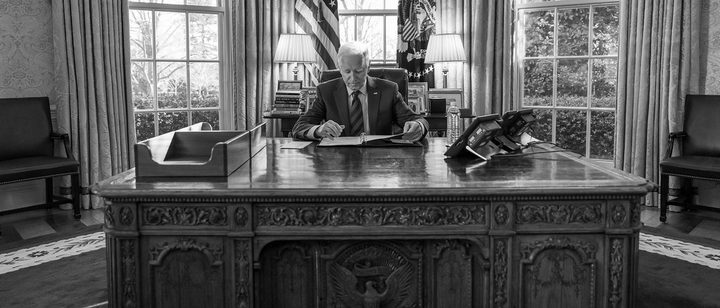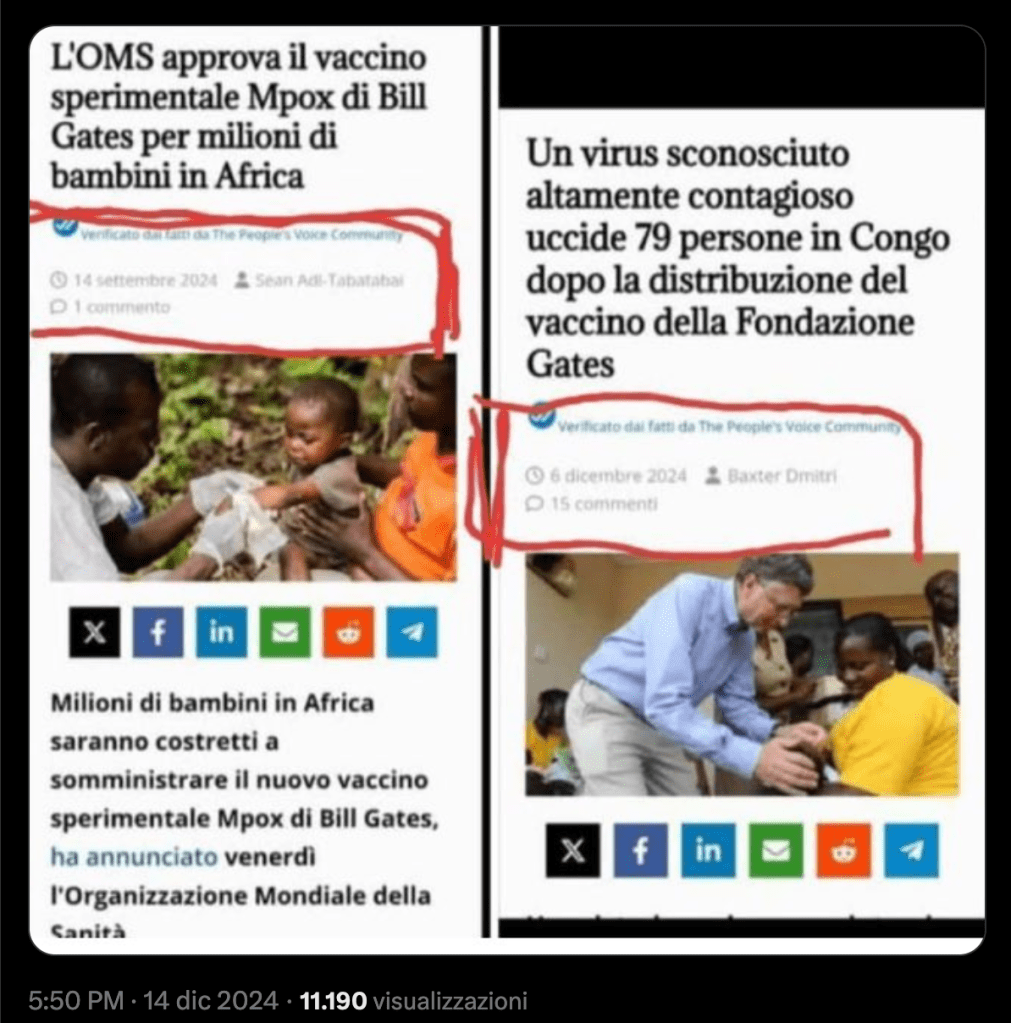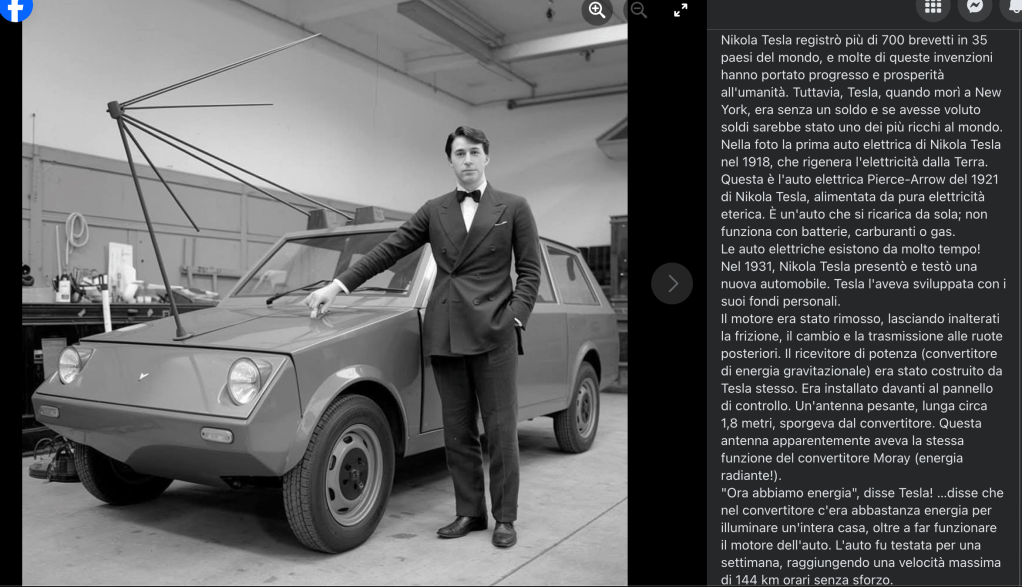
President Joe Biden’s debate performance on June 27 left many in his own party uneasy about his ability to serve another four years.
“I am hopeful that he will make the painful and difficult decision to withdraw,” Rep. Lloyd Doggett, one of several Democratic Party leaders who have publicly expressed their concern, said on July 2.
The following day, the New York Times reported that Biden privately “told key allies that he knows the coming days are crucial and understands that he may not be able to salvage his candidacy if he cannot convince voters that he is up to the job after a disastrous debate performance last week.” The White House called the Times report “absolutely false.”
In her daily press briefing on July 3, White House Press Secretary Karine Jean-Pierre was asked directly if Biden is considering stepping down.
“Absolutely not,” Jean-Pierre said, adding that Biden “understands it was not his best night” and “understands that it is fair for people to ask that question.”
At this point, there’s no telling if Biden will voluntarily leave the race, or if some in the party will attempt to deny him the nomination. The fact that either option is even being discussed is shocking at such a late stage in the nominating process. Biden has amassed more than 99% of the pledged delegates who will meet in Chicago in about seven weeks to nominate the party’s standard-bearer.
Here, we answer some of the questions about the Democratic National Convention process. What happens if he voluntarily steps aside? What if he doesn’t? Can Biden be replaced, and if he can, how would that work?
Are pledged delegates bound to support Biden at the convention?
Pledged delegates are those who were elected in state primaries and caucuses to represent their candidate at the national convention. The Democratic National Committee rules for pledged delegates at the 2024 convention state: “Delegates elected to the national convention pledged to a presidential candidate shall in all good conscience reflect the sentiments of those who elected them.”
The word “shall” may suggest that pledged delegates are bound to their candidates. But they are not, and that’s because of the phrase “in all good conscience” that follows the word “shall,” William Mayer, a political science professor at Northeastern University who has written numerous books on presidential politics, told us in a phone interview.
“You are kind of encouraged to vote for the candidates for whom you were elected – but ‘in all good conscience’ you could vote for someone else,” he said.
“The thing to remember is that the convention is what decides the nominee, not the primaries,” Elaine Kamarck, author of “Primary Politics: Everything You Need to Know about How America Nominates Its Presidential Candidates,” explained in a July 1 podcast on the Brookings Institution website.
“The primaries elect delegates to the convention, but the legal authority for choosing the nominee of the Democratic Party, or for that matter, the Republican Party, is not the primaries, it is the delegates voting in convention. When that happens, you have a formal nominee,” Kamarck, director of the Center for Effective Public Management at Brookings, said.
The last time pledged delegates were bound to the candidates was at the 1980 convention, when then-President Jimmy Carter held off a challenge from the late Sen. Edward Kennedy, Mayer said.
“There was a provision in the 1980 rules that said if you are elected as a Carter delegate, and you decided as the convention got closer that you didn’t want to vote for Carter, then Carter could actually replace you with someone that would [vote for him].” Mayer said. “It became a little bit of a controversy at the 1980 convention.”
In a 2005 interview for the University of Virginia’s presidential oral history project, Kennedy recalled how the “faithful delegate rule” had “caused resentment” among some Carter delegates.
“Some of the delegates selected and pledged to Carter early appeared to have been willing to support my candidacy later in the process, but there had been a change in the rules put in by Carter that said that once a delegate was selected as pledged, they had to stay that way,” Kennedy recalled. “They call it the ‘faithful delegate rule,’ which means that if they pledged, they couldn’t change their mind. That caused resentment with the delegates, just generally was not popular.”
In a compromise after the 1980 election, the Democrats changed the rules for the 1984 convention to give delegates more flexibility, as the New York Times wrote at the time.
There are 3,937 pledged delegates, including 3,894 pledged to Biden, according to the Associated Press delegate tracker. The nominee will need the votes of 1,968 delegates to secure the nomination on the first ballot, the AP said.
What about the superdelegates?
In addition to pledged delegates, the Democratic Party also has up to 744 so-called superdelegates — officially known as “automatic delegates.” Superdelegates include, for example, members of the Democratic National Committee and all Democratic Senate and House members, among others, as the DNC delegate selection rules explain.
They are not pledged to any candidates, but cannot vote in the first round if the nomination is contested.
The DNC rules state: “On the first ballot of the presidential roll call, only pledged delegates will be permitted to vote unless a presidential candidate has been certified by the DNC Secretary to have obtained a number of pledged delegates equal to a majority of all pledged and automatic delegates to the Convention, at which point automatic delegates will also be permitted to vote on the first ballot.”
Will delegates replace Biden?
For an open convention to become a reality, William A. Galston and Kamarck, both senior fellows in governance studies at Brookings, wrote in commentary after the debate, “Biden would have to either withdraw of his own accord or a strong opponent would have to challenge him and build a credible campaign among the approximately 4,000 delegates already elected prior to the August convention. Both scenarios are, at this point, long shots.”
But it is far less likely if Biden refused to step aside. Although it is technically possible for delegates to choose someone else, “The only way that would happen is if he [Biden] voluntarily took himself out of the of the race,” Kamarck said in a podcast on July 1. “He has the delegates, etc.”
In the event that Biden were no longer an option, delegates elected for Biden would become uncommitted, Kamarck explained back in January. “Candidates who step into the breach hoping to take the place of the fallen candidate will find out who these delegates are and woo them in as many ways as they can.”
How would the process for selecting a new nominee play out?
If Biden did end his candidacy, Kamarck said the process would begin with other candidates putting “their names in the pot to become the nominee of the party.”
“They would campaign in a short period of time for the allegiances of approximately 4,000 [delegates],” she explained in the podcast. “How they would do that varies. I mean, there’d be a lot of phone calls. There would be a lot of delegation meetings. People would speak before delegations. I’m sure there’d be some debates, etc. But it would be a very truncated campaign geared towards those … approximately 4,000 people.”
One detailed proposal for how to select a new nominee surfaced this week from a longtime DNC member.
James Zogby, who has served in DNC leadership roles for three decades, outlined his plan in a memo he sent to DNC Chairman Jaime Harrison and circulated among DNC members.
The plan, according to the New York Times, would require Biden to step aside and “instruct the party not to simply designate Vice President Kamala Harris as the nominee, but instead meet after the Fourth of July to ‘lay out a one-month campaign schedule to select the party’s nominee.’”
Zogby, who currently is chairman of the DNC Ethnic Council, elaborated on his plan in an interview with CNN.
“DNC members would be authorized” to endorse candidates who would then be certified by the party secretary as official candidates, he told CNN. A “limited field” of candidates – “four or five” – would then spend a month campaigning, beginning with televised town halls, he said.
The process would end at the party’s national convention, which will be held in Chicago from Aug. 19 through Aug. 22, where the delegates would select the nominee from among the candidates.
Instead of Biden “leaving later in the process toward the convention, and handing it off to Kamala Harris,” Zogby said Harris would be given “an opportunity to show her stuff in an engaged democratic process.” It would not be “simply a coronation, which I think would not be helpful to her or helpful to the party or to the country,” he said.
But, he added, Biden needs to start the process by stepping aside.
“The call ultimately has to come from Joe Biden. He has to decide whether he’s going to leave,” he said. “But here’s the point: If the holdup is that he’s afraid of handing it off to Kamala Harris and she may not be able to win, this solves that problem. If there’s a fear that if he withdraws, there’ll be chaos. This solves that problem.”
Biden may endorse his vice president for the nomination, but he wouldn’t have “any formal power over the delegates to say they have to vote for X candidate,” said Mayer, the Northeastern University professor. “Since we haven’t faced anything like this, it’s hard to know how much his recommendation would matter.”
Can Biden be replaced after the convention and, if so, how?
Yes, if Biden were to decide to drop out of the race after receiving the formal nomination at the Democratic convention, he could still be replaced on the Democratic ticket in November.
In that case, the 426 DNC members — who are elected in their states and include the state party chair and vice chair, as well as other prominent people in their state and party — would meet in a special session to choose a replacement nominee, Kamarck explained in a Jan. 3 post.
And, no, she wrote, “the nomination does not automatically extend to the vice-presidential candidate on the ballot.”
“The authority of the national parties to choose their nominee in the event the nominee can’t run comes as a surprise to many in this day of wall-to-wall primaries,” Kamarck wrote in September. “And yet, it is a reminder that the choice of a nominee is party business — not state law, not federal law, and not constitutional law.”
Editor’s note: FactCheck.org does not accept advertising. We rely on grants and individual donations from people like you. Please consider a donation. Credit card donations may be made through our “Donate” page. If you prefer to give by check, send to: FactCheck.org, Annenberg Public Policy Center, 202 S. 36th St., Philadelphia, PA 19104.
The post Q&A: How Biden Can Be Replaced as the Democratic Nominee appeared first on FactCheck.org.

 5 months ago
45
5 months ago
45


